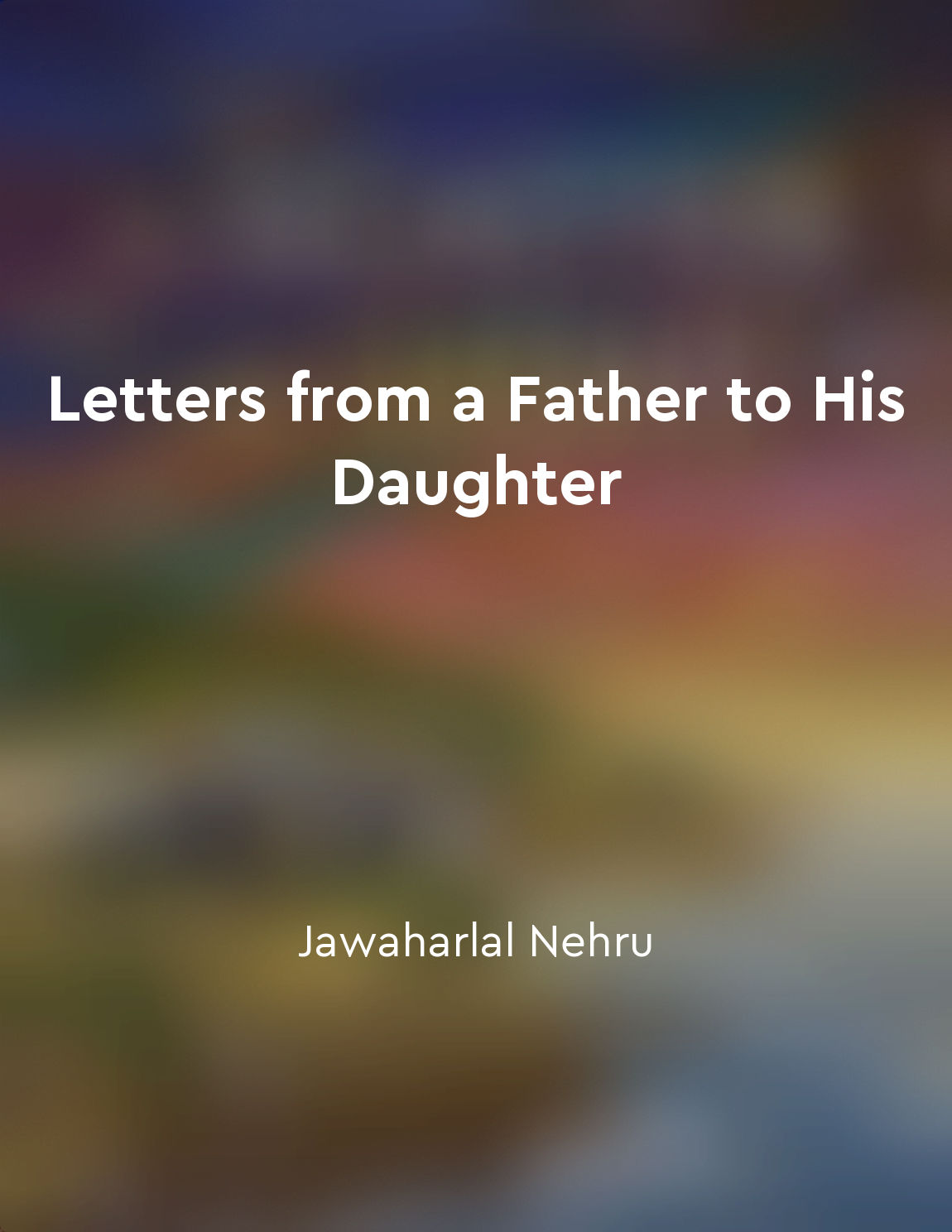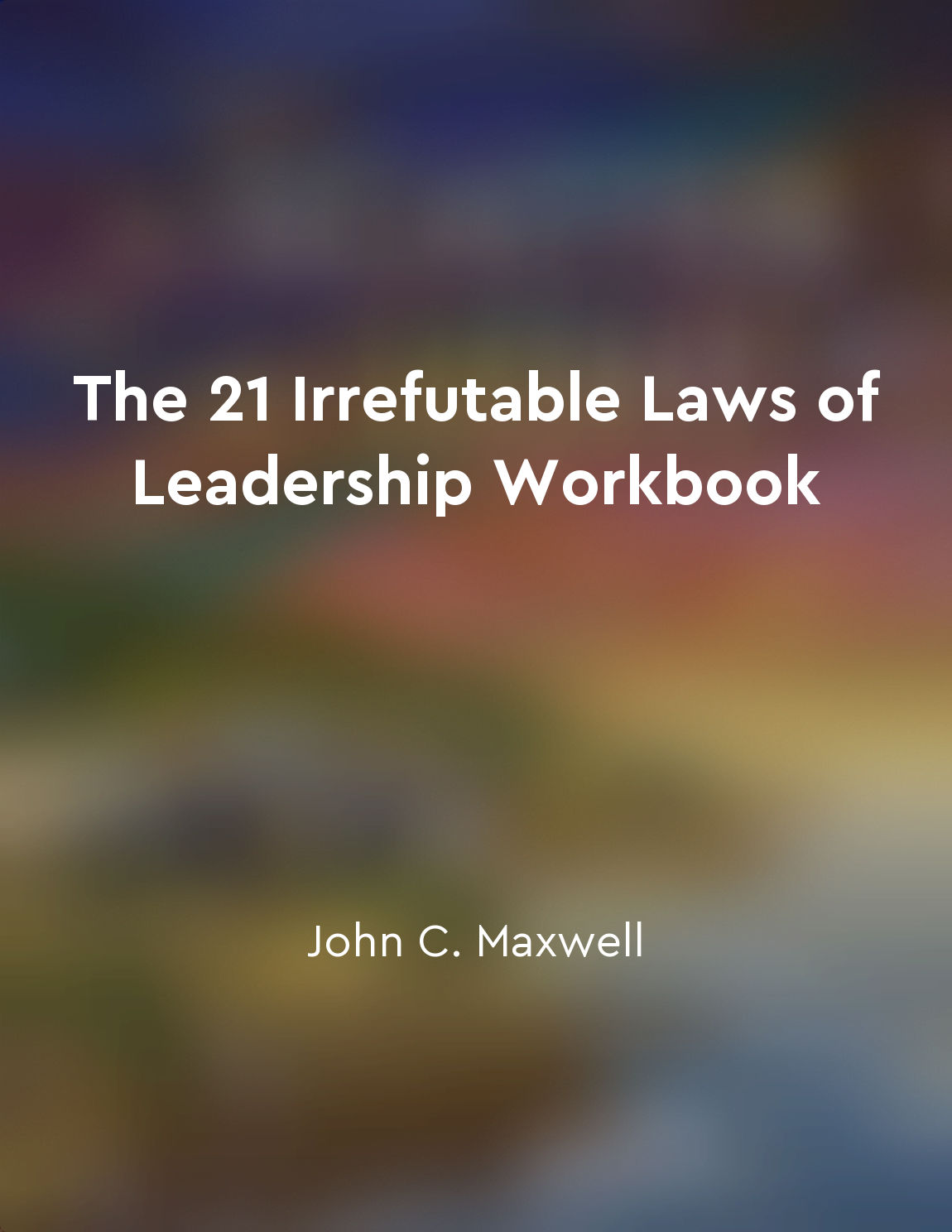Audio available in app
Prime Minister and Council of Ministers from "summary" of Indian Polity by M. Laxmikanth
The Prime Minister is the head of the Council of Ministers. He is appointed by the President and holds office as long as he enjoys the confidence of the majority in the Lok Sabha. The Prime Minister is the leader of the majority party in the Lok Sabha. He recommends to the President the names of other members of the Council of Ministers. The President appoints them on the advice of the Prime Minister. The Council of Ministers is collectively responsible to the Lok Sabha. The Council of Ministers is the real executive. It is the Council of Ministers that aids and advises the President in the exercise of his functions. The Council of Ministers is responsible to the Lok Sabha. Each minister is individually responsible to the Lok Sabha. The Lok Sabha can remove the Council of Ministers by passing a vote of no-confidence. The Council of Ministers is divided into different categories. There are three categories of ministe...Similar Posts
Democracy is a dynamic and adaptive system
Democracy is not a fixed or unchanging system. It is not a static set of rules and procedures that remain unchanged throughout ...
People are motivated by a desire for power and selfpreservation
In the natural state of mankind, where every individual is in constant fear of others, people are driven by an insatiable desir...

Selfreflection and introspection lead to personal growth
Selfreflection and introspection are vital components of personal growth. When one takes the time to reflect on their thoughts,...

The Law of Magnetism states that leaders attract others based on their character
The Law of Magnetism is a powerful concept in leadership that highlights the importance of character in attracting others. Acco...
Union Territories
Union Territories in India are special administrative divisions that are under the direct control of the Central Government. Un...

Introduction to Indian Polity
The study of Indian Polity is essential for understanding the functioning of the political system in India. It provides insight...
The rule of law safeguards freedom
The rule of law safeguards freedom by establishing a framework of norms and procedures that limit the arbitrary exercise of pow...

CentreState relations
Centre-State relations in India play a crucial role in the country's federal system. This relationship is defined by the distri...

Electoral Process and Election Commission
The Electoral Process in India is overseen by the Election Commission, an independent body responsible for conducting free and ...
